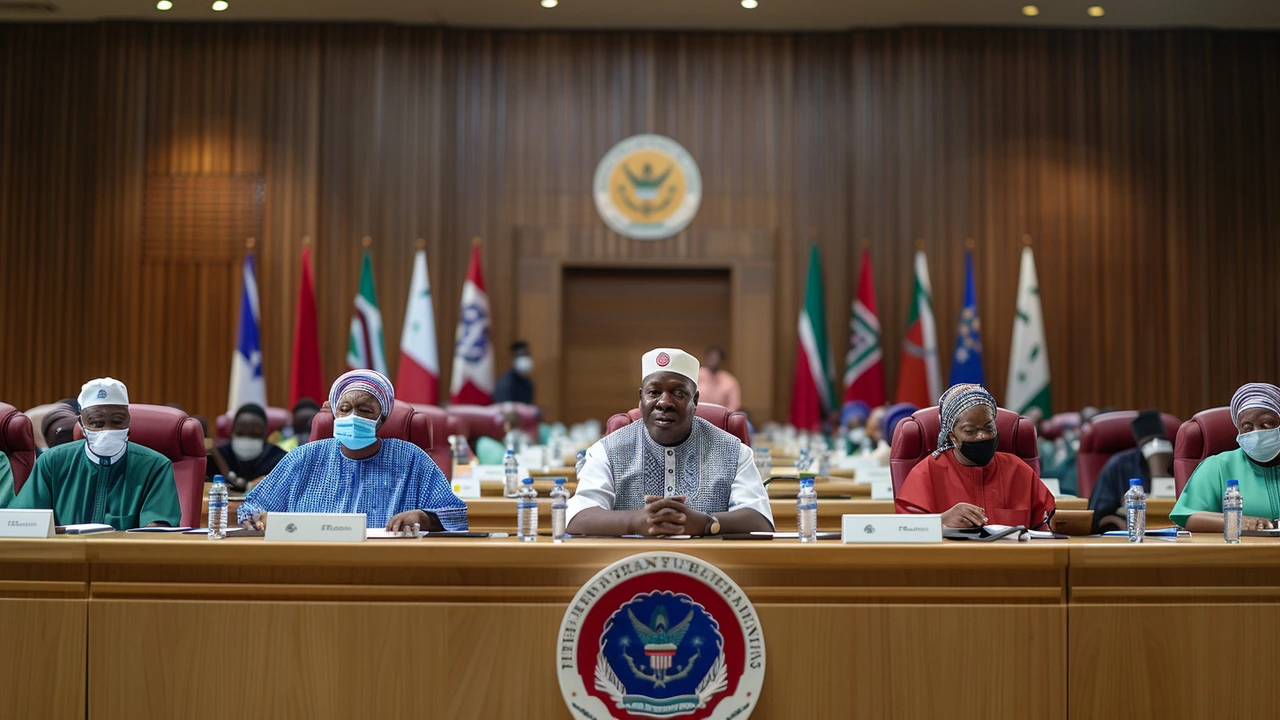Understanding Minimum Wage in South Africa
Minimum wage is a hot topic for many workers and employers across South Africa. At its core, it’s the lowest legal amount an employer must pay workers for their labor. This ensures employees earn a basic living wage and are protected from unfairly low pay, especially in industries where wages can easily be pushed down. But how does it really affect you, whether you’re working, hiring, or just curious?
First off, minimum wage laws are set by the government and usually reviewed regularly. The idea is to keep pace with inflation and the cost of living, so people can afford essentials like food, housing, and transport. If you’re earning minimum wage, you’re guaranteed a minimum income that should help cover those basics. However, the exact amount can differ depending on the sector and region.
Why Minimum Wage Matters to Workers and Employers
For workers, a minimum wage means a safety net. You won’t be paid less than the set rate, giving you some financial security and dignity. This is especially important for those in low-skilled or entry-level jobs who might otherwise face exploitation. It can also encourage people to join the workforce, knowing their work will be valued at least to a certain standard.
Employers, on the other hand, need to balance setting wages that attract good staff without hurting their business. Minimum wage can push up operating costs, which sometimes leads employers to reduce staff numbers or cut hours. But fair pay tends to improve employee satisfaction and reduce turnover, which is a big plus for businesses over time.
Challenges and Real Impact on South Africa
South Africa’s economy has a unique mix of formal and informal work, and enforcing minimum wage regulations in informal sectors is tough. Plus, some argue that raising the minimum wage too high too fast can lead to job losses or increased prices. It’s a tricky balance—ensuring workers earn enough to live but not pricing out jobs altogether.
Government efforts often include special exemptions or tiered wage structures for specific industries or age groups to address this. At the end of the day, the goal is to find a middle ground that helps reduce poverty and inequality while keeping the economy healthy.
Understanding where minimum wage fits in your life or business can help you make informed decisions, speak up for fair treatment, or plan your finances better. It’s worth keeping an eye on wage updates and government announcements because these rates can directly impact your monthly budget or payroll. So, whether you’re an employee or employer, minimum wage is more than a number—it’s a vital part of the economic puzzle everyone depends on.
Labour Groups Anticipate President Tinubu's Response on Proposed Minimum Wage
Organised labour in Nigeria eagerly awaits President Bola Tinubu’s input on the tripartite Committee's report regarding a new minimum wage before it is presented to the National Assembly. The Kogi State Government’s dedication to improving worker welfare and the positive industrial relations in the state are highlighted by various supportive actions and policies.
Julian Parsons | Jun, 25 2024 Read More
